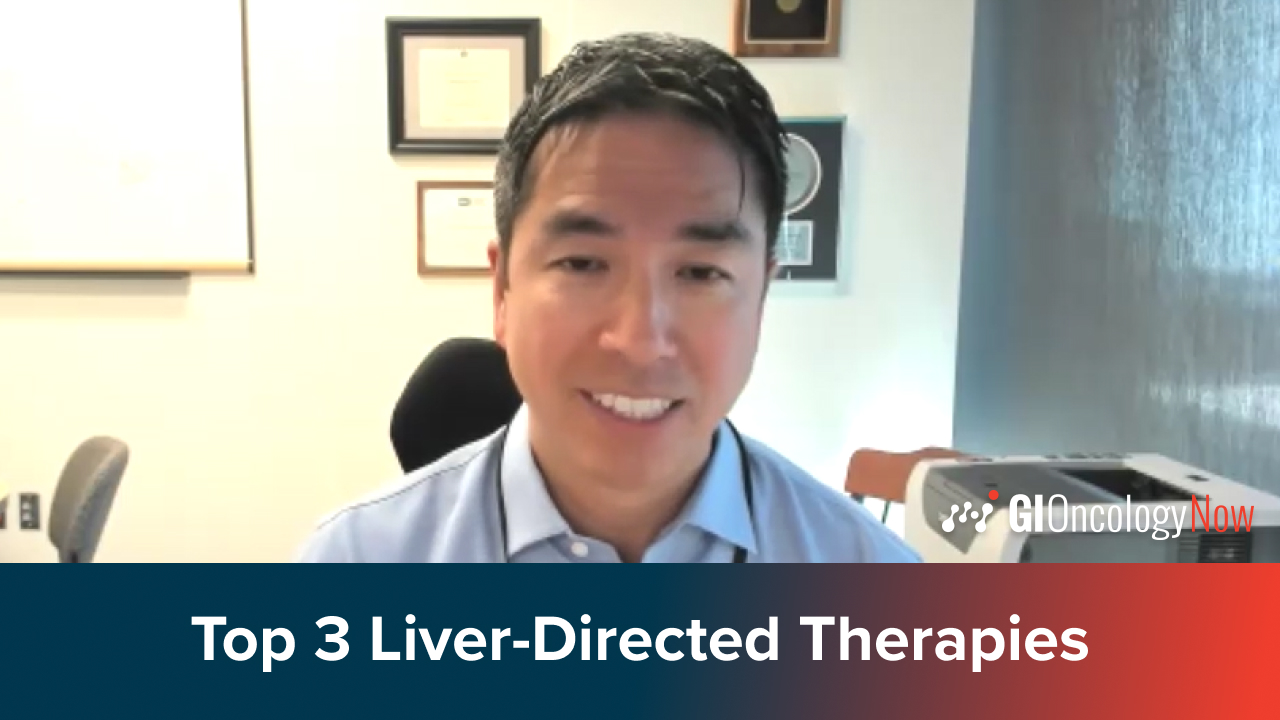
Appendiceal adenocarcinoma is a rare colonic-type tumor that has been the subject of few prospective trials, resulting in a lack of data on effective treatments, according to a study led by John Paul Shen. The study’s authors investigated systemic chemotherapy in a single-center study, and the results were published in JAMA Network Open.
Researchers reported that treatment with fluoropyrimidine-based systemic chemotherapy did not effectively treat patients with inoperable low-grade mucinous appendiceal adenocarcinoma. Specifically, the investigators observed no objective responses, no change in tumor growth rates during chemotherapy, and no difference in overall survival (OS) when treatment was delayed for 6 months.
Appendiceal Adenocarcinoma Not Improved by Systemic Chemotherapy
The open-label trial enrolled 24 patients with appendiceal cancer from September 2013 to January 2021 at a single tertiary comprehensive cancer care center. Participants had histological evidence of low-grade metastatic mucinous appendiceal adenocarcinoma and radiographic evidence of mucinous peritoneal carcinomatosis, and they were not eligible for complete cytoreductive surgery.
Patients were randomized to 6 months of observation followed by 6 months of fluoropyrimidine-based systemic chemotherapy (n=13) or 6 months of fluoropyrimidine-based systemic chemotherapy followed by 6 months of observation (n=11). The primary end point was difference in tumor growth rate between the groups, and secondary end points included patient-reported outcomes, objective response rate, rate of bowel complications, and OS.
The cohort had a median age of 63 years (range, 38-82 years), and 15 patients were eligible for the primary end point analysis. Overall, the median OS was 53.2 months (range, 8.1-95.5 months), and the OS was not significantly different between the treatment-first and observation-first groups (hazard ratio, 0.64; 95% CI, 0.16-2.55; P=.48).
Authors noted tumor growth during chemotherapy increased from baseline by 8.4% (95% CI, 1.5-15.3), which was not significantly different from tumor growth during observation (4.0%; 95% CI, −0.1 to 8.0; P=.26).
Additionally, none of the 18 patients who received any chemotherapy showed any objective response, and patients reported worse quality-of-life metrics related to fatigue, peripheral neuropathy, and financial difficulty during chemotherapy compared with observation.
“In this prospective, randomized, crossover trial of systemic chemotherapy in patients with low-grade mucinous appendiceal adenocarcinoma,” the authors summarized, “patients did not derive clinical benefit from fluorouracil-based chemotherapy.”
Browse More Oncology and Colorectal and GI Cancer News







 © 2025 Mashup Media, LLC, a Formedics Property. All Rights Reserved.
© 2025 Mashup Media, LLC, a Formedics Property. All Rights Reserved.